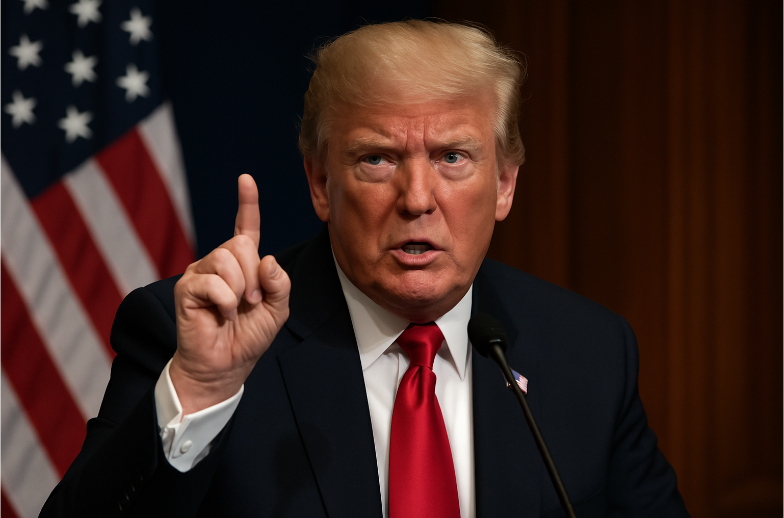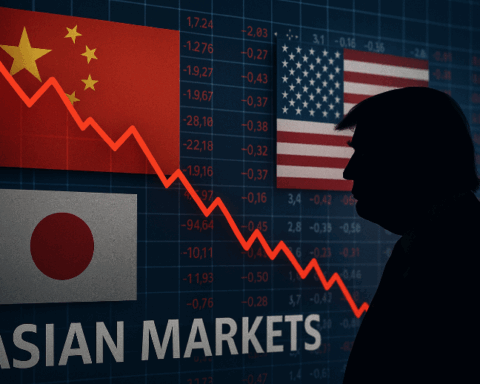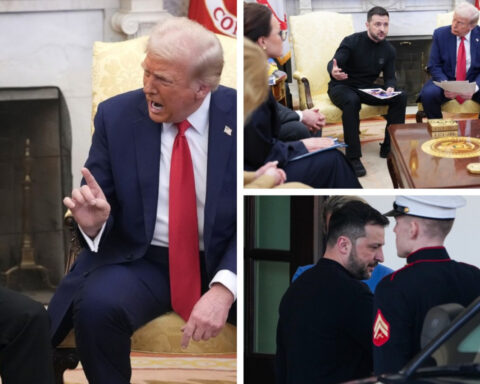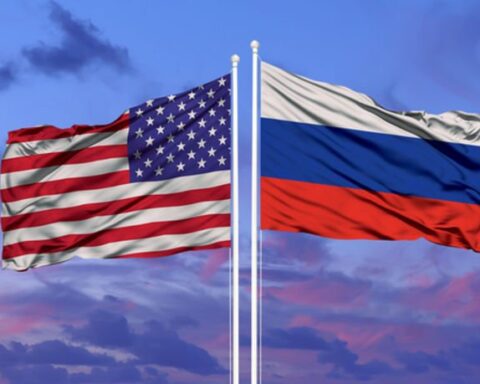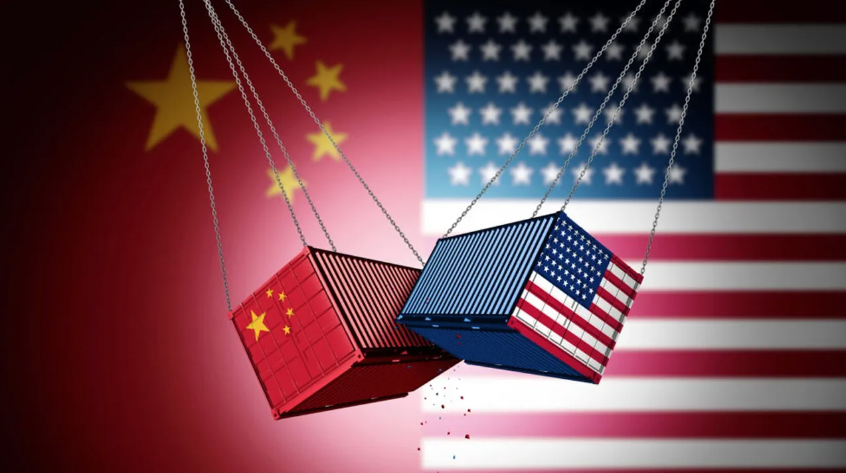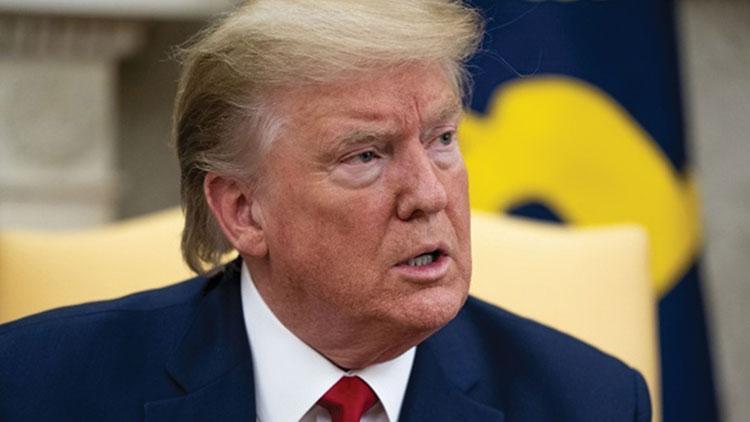Global politics is veering off its traditional course. The established norms, institutions, and diplomatic conventions that once defined international relations are being replaced by a more impulsive, leader-centric approach. At the heart of this shift lies a new model of leadership—one that thrives on unpredictability and disruption. Many now refer to this phenomenon as “The Trump Rules.”
But what exactly are these rules? They revolve around three fundamental principles: uncertainty, anti-institutionalism, and personal gain.
The first rule is the deliberate creation of uncertainty. Traditional diplomacy aims to reduce uncertainty in order to build trust between actors. By clearly stating what will not be done, parties create a foundation for stable negotiations. In contrast, the “Trump Rules” flip this logic on its head. Unpredictability becomes a tool of leverage, unsettling adversaries and allies alike. This instability may offer short-term tactical advantages, but it also increases global transaction costs.
The second rule is a rejection of institutionalism. Established diplomatic frameworks, strategic documents, and inter-agency coordination are pushed aside in favor of spontaneous decision-making. Policies are no longer crafted through careful planning, but rather through impulsive declarations—often made on social media or in live press appearances. In this model, power resides solely in the individual, not in the system. This creates a reality where traditional checks and balances are ineffective, and strategic continuity is nonexistent.
The third and perhaps most critical rule is the prioritization of personal interests over national interests. Though the rhetoric often claims to serve the country’s benefit, decisions frequently reflect personal political calculations. Trade wars, tariff threats, and sudden policy shifts become instruments in a larger game of self-promotion and electoral influence. This kind of leadership is not just transactional—it is performative.
Moreover, this multi-level game is not limited to the international arena. It also plays out domestically. Even if today’s dramatic moves are forgotten months later, a certain segment of the public will remember the leader who “stood up for the country” by raising tariffs and “putting America first.” These theatrical victories can secure lasting political capital.
Ultimately, the rise of such leadership styles is a response to the institutional safeguards many once trusted to provide stability. But institutions were not designed merely for idealism—they were created to reduce costs, ensure continuity, and prevent erratic decision-making. Undermining them risks everything those systems were meant to protect.
The world is left to wonder: Will this style of leadership increase the cost of doing business for the world—or for the country employing it? Time will tell. But what’s already evident is that uncertainty, when wielded as a strategy, eventually destabilizes the very platform it stands on.
- Tension Between Donald Trump and Elon Musk: Is a Major Crisis Beginning in the American System? - June 6, 2025
- Harvard Faces Federal Funding Freeze Over Alleged “Disrespect to the Nation,” Says McMahon - May 6, 2025
- Tariffs, Troubles, and Transition: A Tumultuous Week for the U.S. and NYC Economy - May 6, 2025
